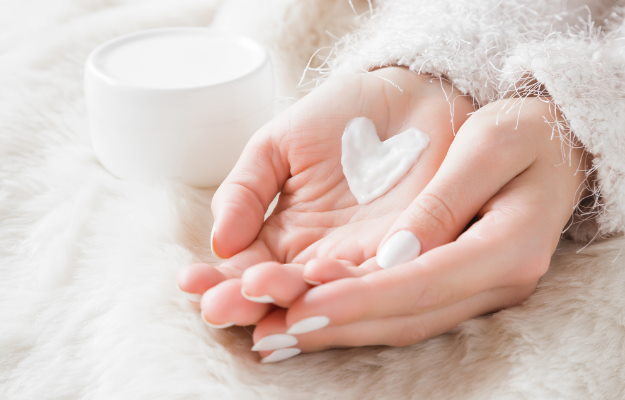
The Ultimate Guide to Winter Skin Protection
Share
Winter can be especially harsh on our skin, with cold air, wind, and indoor heating leading to dryness, irritation, and even cracking. To keep your skin healthy and protected, try these simple yet effective winter skincare tips:
- Moisturize Daily: Petroleum or cream-based moisturizers are better than lotions for normal to dry skin. If you have sensitive skin, choose a moisturizer without fragrance or lanolin. Moisturizing immediately after bathing helps to lock in hydration.
- Cleanse Gently: Too much cleansing removes the skin’s natural moisturizers. It is enough to wash your face, hands, feet, and between the folds of your skin once a day. While you can rinse your trunk, arms, and legs daily, it is not necessary to use soap or cleanser on these areas every day.
- Limit Hot Water Use: If you have “winter itch,” take short lukewarm showers or baths with a non-irritating, non-detergent-based cleanser. Immediately afterward, apply a thick cream or petroleum-jelly-type moisturizer. Gently pat skin dry.
- Use a Humidifier: Dry air can pull the moisture from your skin. Room humidifiers can be very beneficial. However, be sure to clean the unit and change the water according to the manufacturer’s instructions to reduce mold and fungi.
- Protect Against Wind: Cover your face and use a petroleum-based lip balm. Skin protectants that include petroleum and creams with ceramides are effective as well.
- Avoid Extreme Cold: Cold temperatures can cause skin disorders or frostbite in some people. See a doctor immediately if you develop color changes in your hands or feet accompanied by pain or ulceration. If you develop extreme pain followed by loss of sensation in a finger or toe, you may have frostbite.
- Shield from Sun Exposure: Remember that winter sun can also be dangerous to the skin. Even in the winter, you should use a sunscreen with a sun-protection factor of 15 or greater if you plan to be outdoors for prolonged periods. Overexposure to sunlight can lead to premature aging of the skin and skin cancer.
- Avoid Tanning Beds: Tanning beds and artificial sunlamps are always damaging to the skin and increase the risk of skin cancer. If you want to keep your summer glow, use self-tanners along with extra moisturizer, as self-tanners can also dry out the skin.
- Supplement with Vitamin D: During the summer, your natural vitamin D production increases as a result of daily sun exposure, but when winter rolls around that exposure decreases. Taking vitamin supplements can ensure that you get the recommended amounts of vitamin D all year round.
With these tips, you can keep your skin healthy and glowing even through the coldest months. A little extra care goes a long way in protecting your skin from winter’s drying effects.